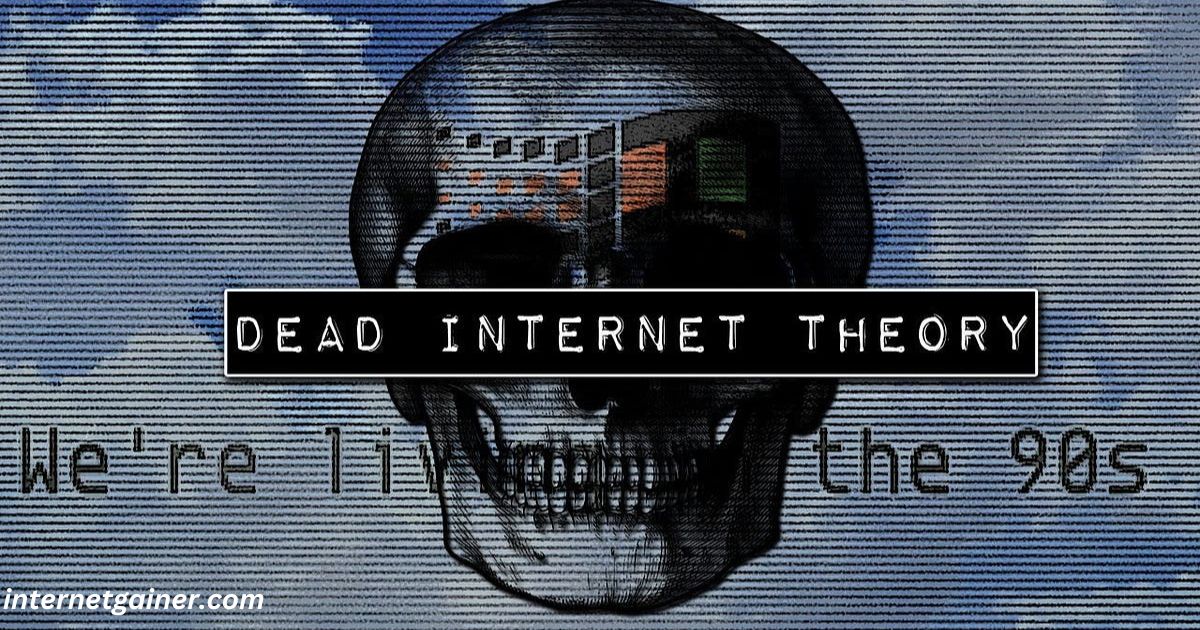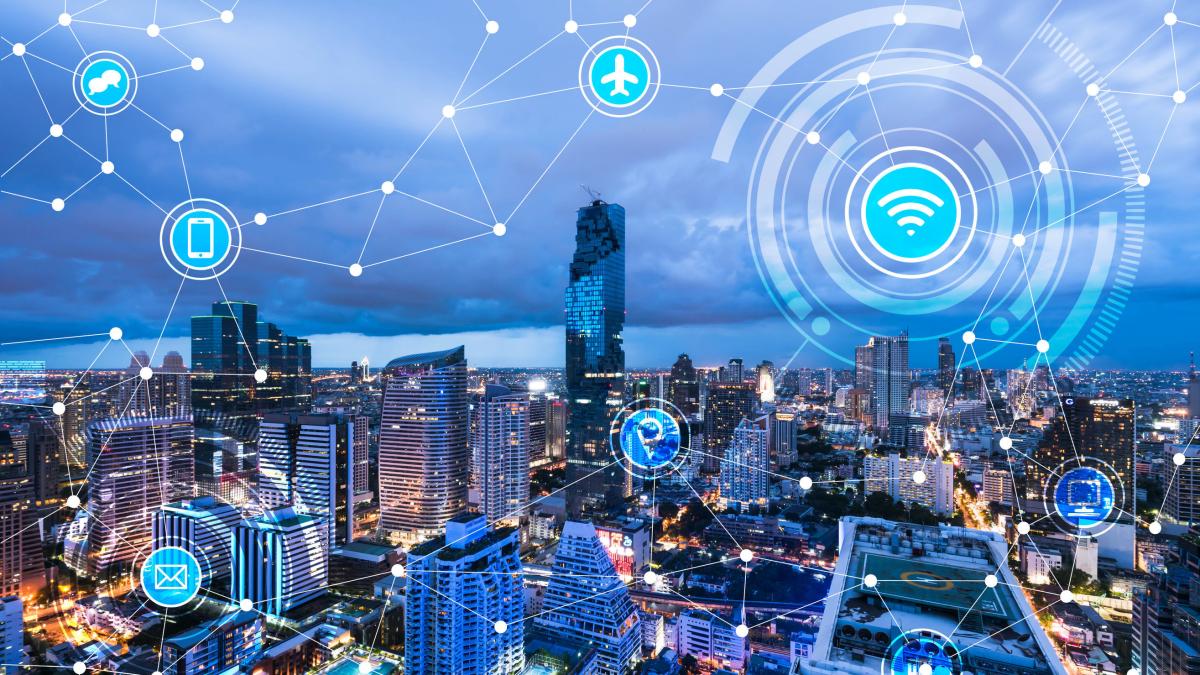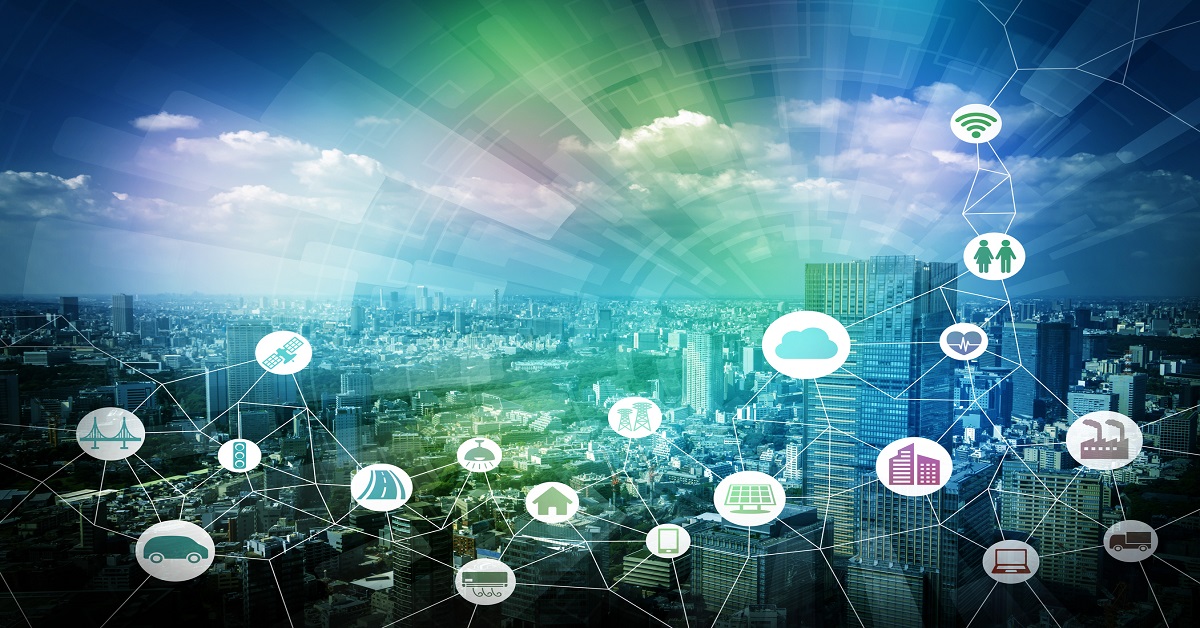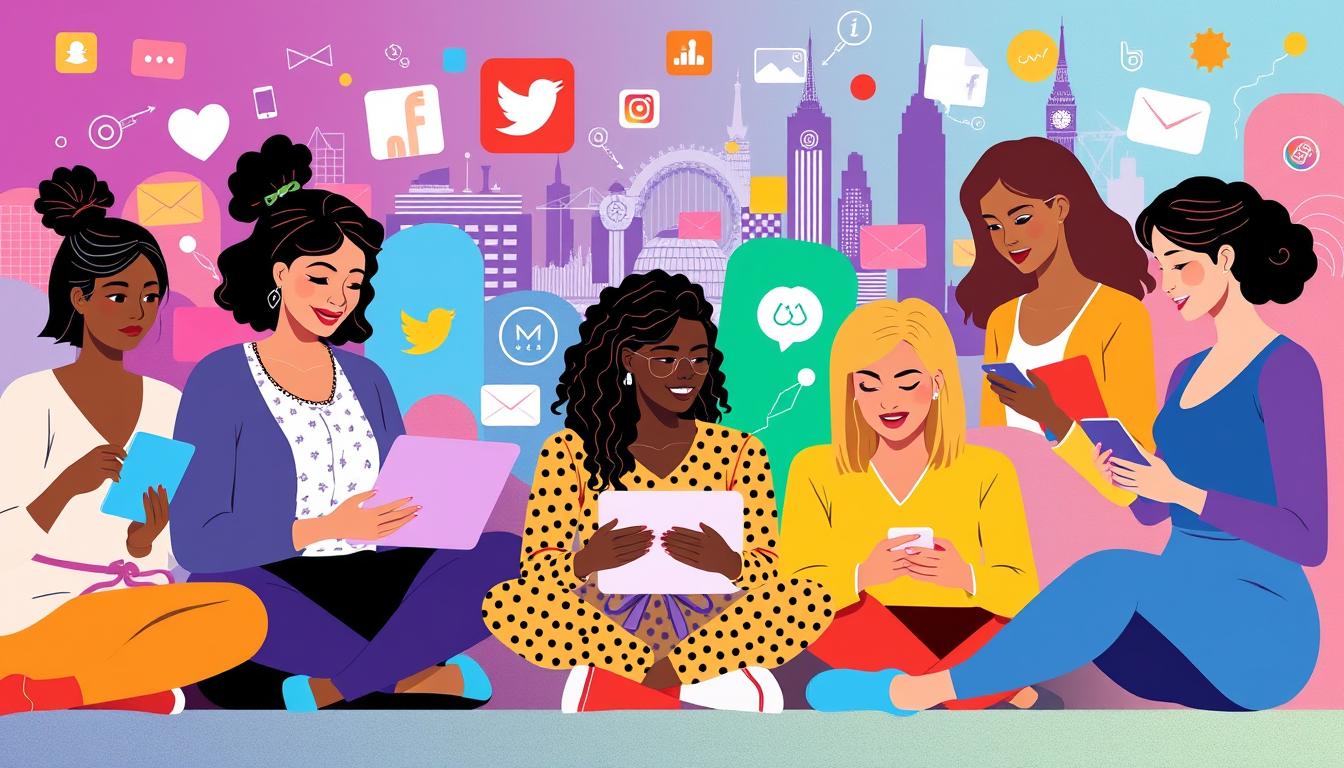The internet has transformed from a simple, text-based communication tool into a vast, dynamic ecosystem dominated by artificial intelligence and algorithms. Yet, this evolution has raised concerns, fueling debates like the Dead Internet Theory. This theory suggests that much of the internet’s activity is no longer human-driven but orchestrated by algorithms, bots, and automated systems.
In this article, we will delve into the intricate relationship between algorithms and the Dead Internet Theory, exploring whether they are merely tools of efficiency or contributors to a synthetic digital reality.
Understanding the Dead Internet Theory
The Dead Internet Theory posits that the modern web is a hollow shell of its former self. According to proponents, algorithms and bots have supplanted authentic human interactions, creating an illusion of vibrancy and engagement. This has allegedly led to:
- A decline in genuine user activity
- The proliferation of AI-generated content
- Artificial amplification of trends, opinions, and movements
Although not widely accepted in academic or mainstream circles, the theory taps into real concerns about how algorithms shape our online environments, raising questions about authenticity, manipulation, and trust.
The Rise of Algorithms: Guardians or Puppeteers?
Algorithms are the backbone of the internet, dictating how we discover, consume, and interact with content. Their roles can be grouped into several critical functions:
| Function | Description | Impact on Dead Internet Theory |
|---|---|---|
| Content Curation | Algorithms filter and recommend content based on user behavior and preferences. | Over-curation may create “echo chambers” and reduce the diversity of online voices. |
| Automated Creation | AI-powered systems generate articles, videos, and social media posts with minimal human oversight. | Blurs the line between real and artificial content, fueling claims of a “dead” internet. |
| Engagement Optimization | Platforms use algorithms to boost likes, shares, and comments, often with bots. | Creates a perception of inflated activity, reinforcing the theory’s claims. |
| Data Monetization | Algorithms analyze user behavior for targeted advertising. | Raises ethical concerns about manipulation and authenticity. |
The Impact of Algorithm-Driven Content

The Impact of Algorithm-Driven Content
Algorithms have a profound influence on how we perceive reality online. Here’s a deeper look into their effects:
1. Personalization or Isolation?
Algorithms personalize content by analyzing user preferences. While this enhances user satisfaction, it can also create filter bubbles, where individuals are only exposed to information that aligns with their existing beliefs. This lack of diversity contributes to the perception that online spaces are artificially controlled.
Expert Insight:
“Algorithms have become gatekeepers, determining what we see and, by extension, what we believe,” notes Dr. Emily Hart, a digital sociologist. “Their growing influence underscores the need for transparency in how they operate.”
2. AI-Generated Content: A New Norm
From news articles to social media posts, AI-generated content is increasingly common. While it can streamline content production, it also raises questions about authenticity. For example, AI systems like ChatGPT and MidJourney create text and images that are indistinguishable from human-made work.
Real-World Concern:
A recent study by the Pew Research Center found that over 50% of internet users struggle to identify AI-generated content, heightening concerns about misinformation and synthetic realities.
3. Bot Interactions: Real or Fake?
Bot networks, controlled by algorithms, play a significant role in digital engagement. They can amplify trends, promote products, and even influence elections. While bots are not inherently harmful, their misuse fosters the illusion of widespread activity, a cornerstone of the Dead Internet Theory.
Critiques of Algorithmic Domination
Despite their benefits, algorithms are often criticized for contributing to the issues highlighted by the Dead Internet Theory. Common critiques include:
- Manipulation of Public Opinion: Algorithms prioritize engagement metrics over truth, often promoting sensationalism or divisive content.
- Reduction of Human Agency: By curating our online experiences, algorithms limit our exposure to organic, unfiltered content.
- Ethical Concerns: Platforms often prioritize profit over authenticity, leading to a flood of low-quality, automated content.
Quote to Consider:
“Algorithms don’t kill the internet; they redefine it. The question is whether this redefinition serves humanity or corporate interests.” – Prof. Alan Richards, University of Digital Ethics
Balancing Efficiency and Authenticity
While algorithms have transformed the internet into a more efficient and accessible tool, their unchecked influence has raised concerns about authenticity. Striking a balance requires:
- Regulation: Governments and organizations must enforce policies that promote transparency in algorithmic operations.
- User Awareness: Internet users should be educated about how algorithms influence their experiences.
- Ethical AI Development: Tech companies should prioritize ethical considerations in algorithm design.
Conclusion: Are Algorithms Killing the Internet?
The role of algorithms in the Dead Internet Theory is complex and multifaceted. While they undeniably contribute to the theory’s claims by fostering synthetic interactions and automating content creation, they are also essential for the internet’s functionality.
Ultimately, the “death” of the internet may not be about algorithms but about how we choose to use them. By fostering transparency, ethical practices, and user empowerment, we can ensure that the internet remains a space for genuine human connection and creativity. For more Internet Marketing information check the internetgainer.
What are your thoughts on the impact of algorithms on online authenticity? Let’s start a conversation below.



